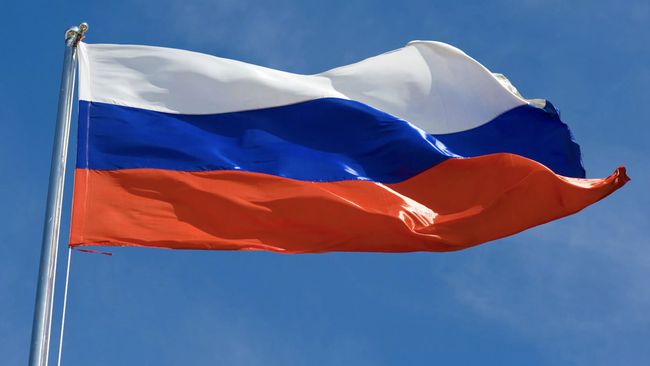Jakarta, CNBC Indonesia – The latest sanctions by the West against Russia for its attack on Ukraine are starting to bear fruit. The state budget deficit led by President Vladimir Putin has reportedly started to widen.
Russian Finance Minister Anton Siluanov on Tuesday (27/12/2022) said caps on oil prices imposed by the major G7 economies as well as the European Union and Australia were putting pressure on Russia’s export earnings .
Siluanov said this has the potential to push Moscow’s budget deficit above the expected 2% next year.
Deputy Prime Minister Alexander Novak also said last week that limits on the export price of Russian crude and refined oil could force the Kremlin to cut production by between 5% and 7% next year, he quoted the RIA news agency.
However, Moscow should be able to finance the deficit through national bond issuance and rainy-day funds, officials suggest.
In June, 27 EU countries agreed to ban purchases of Russian crude starting December 5.
“It is too early to fully assess the impact of the G7 oil price cap and the EU ban on imports of Russian crude that took effect on 5 December, but early signs suggest that the Russian economy is starting to feel the pressure,” said Nicholas Farr, new European economist at Capital Economics, quoted CNBC International.
“High-frequency data shows that Russia’s oil exports have declined since the sanctions were imposed and the gap between Brent crude oil prices and Ural oil prices has widened to a six-month high. [lalu] week.”
Farr suggested this would add to the hit to Russia’s energy revenues from falling global prices in recent months. International benchmark Brent crude fell from a peak of around $98 a barrel in October to around $77 a barrel earlier this month, recovering to around $84.50 a barrel on Tuesday morning in Europe.
Meanwhile, the Russian ruble fell nearly 10% against the dollar last week. This makes it the worst performing emerging market currency so far, having outperformed expectations for most of the year.
Farr suggested that the main consequence of a weaker ruble would be upward pressure on inflation due to higher import costs.
The Bank of Russia (CBR) finished cutting interest rates in October. After leaving its monetary policy unchanged in December, the bank warned that inflation risks “win” over disinflationary risks.
“Russia benefited significantly from a boost to its trading conditions from high commodity prices in 2022, but … support for this economy now appears to be diminishing,” Farr said in a note on Friday.
“We think the Russian economy will contract again in 2023. Meanwhile, declining energy revenues mean that Russia’s budget will be under pressure. There is a high risk that a major external balancing act will be needed starting in 2024, which will slow growth,” Farr added.
Next article
Russia’s economy is sluggish and deteriorating, this is the latest evidence
(luc/luc)


